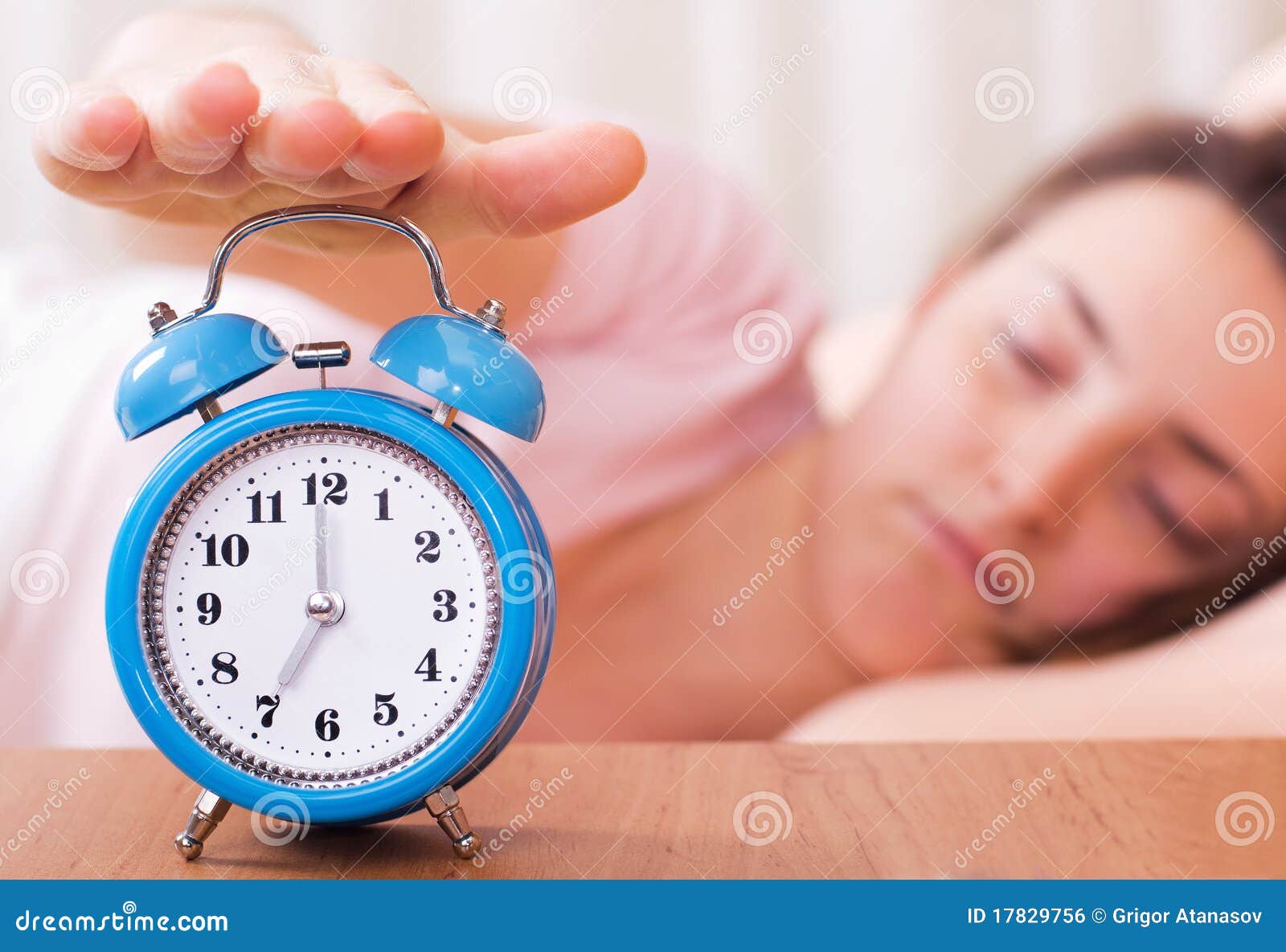

WAKE UP TIME CALCULATOR FULL
It has recently been proven that sleep deprivation also puts you at a higher risk of premature mortality! For more information see the sleep deprivation and premature mortality risk paragraph.Ī person who sleeps for only 4 full cycles (90 minutes each) feels better after waking up than someone who slept for 7 hours because they woke up at the end of their last cycle. Not to mention being grumpy, miserable, and easily irritable – things that can seriously affect your relationships with other people. It is said that stress and irregular sleeping patterns can also lead to more nightmares, as well as weight gain.

We also need to remember that sleep deprivation may be caused by more serious problems, such as obstructive sleep apnea (OSA) we can screen for this with tools like Epworth sleepiness scale calculator, AHI calculator, or STOP-BANG calculator.
WAKE UP TIME CALCULATOR SKIN
With attention to your sleep-and a new bedtime-you’ll see this important number start to rise.Who isn't guilty of going to sleep too late because of ‘binge-scrolling’ FB or Twitter? It's not just a social media addiction that means we sleep late, we often eat late, drink alcohol, or just stare at the TV without realizing it all leads to sleep deprivation that can cause, amongst other things, insomnia, premature skin aging, decreased sex drive and concentration problems. If your number isn’t quite there yet, don’t be discouraged. Ninety percent is considered a very good sleep efficiency. In sleep science, we consider 85% or higher a healthy sleep efficiency and a reasonable goal. This number represents your sleep efficiency for that night.
WAKE UP TIME CALCULATOR HOW TO
Here’s how to calculate your sleep efficiency for this night: You spent another 25 minutes awake throughout the night, a result of three separate periods of wakefulness. Let’s say you spent a total of 7 hours, or 420 minutes, in bed last night. The amount of time you spent awake during the night.The total amount of time you spend in bed sleeping-or trying to sleep-between bedtime and waking.You need only a few basic pieces of information about your night of sleep: There’s an easy, low-tech way to measure sleep efficiency that requires no sleep tracking devices or equipment. Sleep efficiency is one important measure of sleep quality used by sleep scientists and physicians. But what about sleep quality? Sleep quality is achieved by sustained rest, with sufficient time spent in each of the four sleep stages-Stages 1-3 and REM sleep-to maintain physical and mental health and function. The Ideal Bedtime sleep calculator takes care of sleep quantity.


Do so in 15-minute increments until you’re waking naturally just before your alarm. If after a week, you’re still sleeping right through to your alarm, you need to shift your bedtime earlier. If you find yourself waking significantly ahead of your alarm, move your bedtime slightly later. The goal is to wake naturally about 5-10 minutes ahead of your alarm. This bedtime is a starting point, and may need some adjustment, as individual sleep cycles vary in their duration. That means lights out, in bed, ready for sleep at that time. Counting back 7.5 hours, your ideal bedtime is 10:30 p.m.


 0 kommentar(er)
0 kommentar(er)
